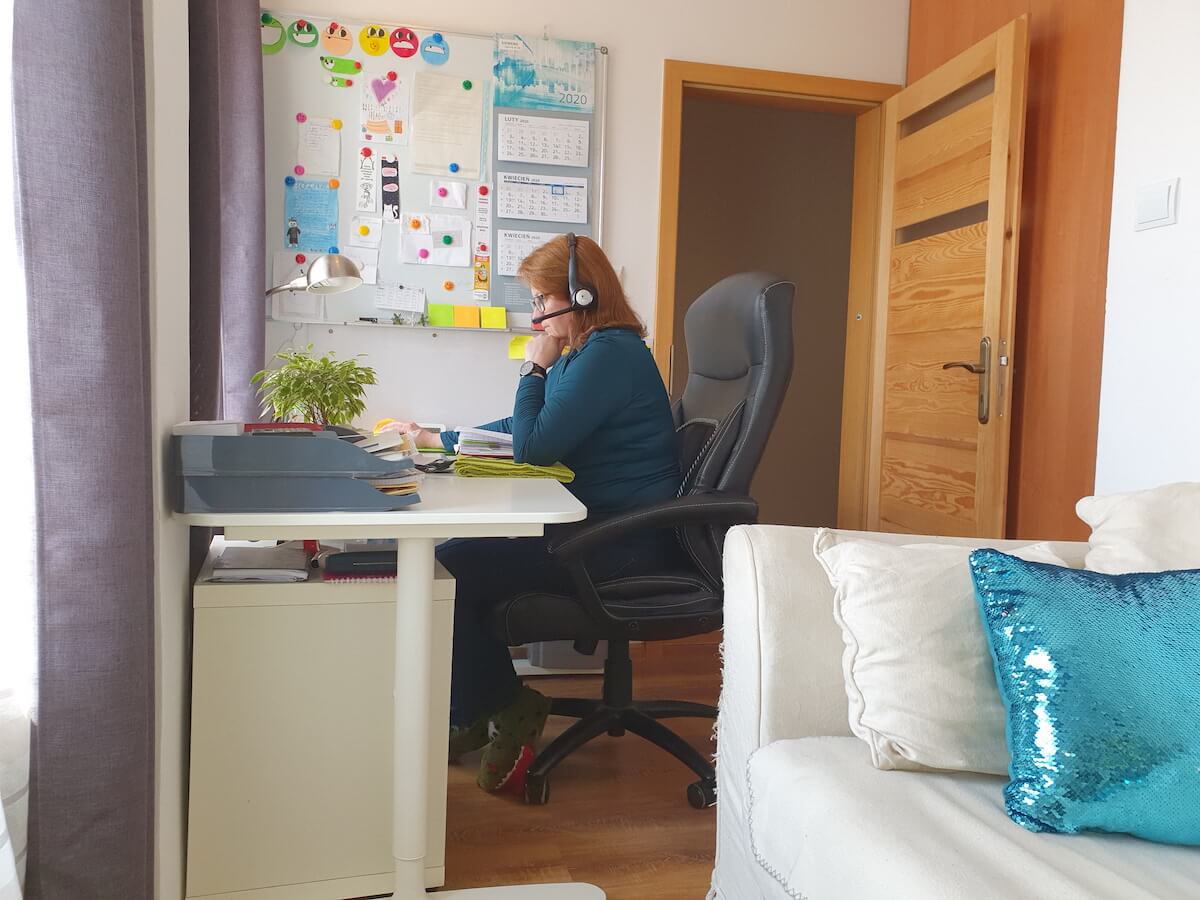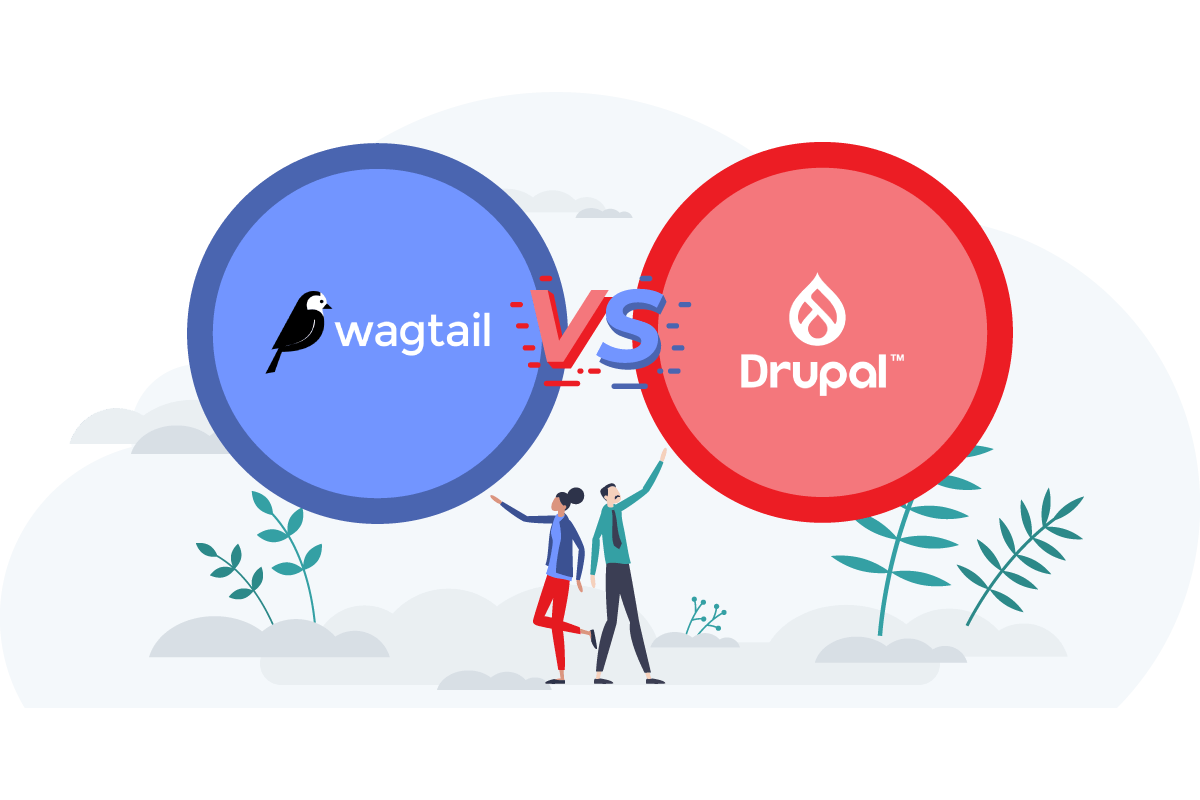5 reasons remote work can change the world for the better

While companies around the world have been forced to work from home in response to COVID-19, for some of us it’s business as usual when it comes to remote working. Having been working as a remote team for over 10 years, we are big proponents of WFH and the benefits for businesses.
The day will come when the office doors will open again and workers will stream in more excited than ever to be back at their desks on a Monday morning. But our temporary episode with remote working will surely have an impact on businesses and society for years to come. With that in mind, we look at some of the major benefits of incorporating remote work into your company culture, from preserving public health to improved balance sheets.
It is evident that post COVID-19 our workplaces will never be the same. In the short term, the virus will not be fully eradicated and social distancing will still be required in the office. So what’s the best way you can ensure keeping staff safely six feet apart? By keeping some of them miles away working from home. To prevent an explosion of people back on public transport and in crowded business districts, integrating teleworking into your company culture will play a key role in ensuring public health safety.
The less people travelling to work the less greenhouse gasses emitted, the less fuel being used to get them there and the less office waste being produced once they are there, from printed paper to plastic packaging for food and drink. Remote workers usually create less waste because they have to bear the cost of stationery and printer ink, a quick way to become more conscious of your work habits.
A Stanford study, which carried out a working from home experiment with 500 employees of a NASDAQ-listed Chinese travel agency, found that WFH improved productivity by an average 13% over a 9-month period. Broken down further, 9% was from working more minutes per shift (fewer breaks and sick days) and 4% from more calls per minute (attributed to a quieter and more convenient working environment).
Having made the switch from office work to remote work across the team, we can attest to a number of productivity gains such as more focused periods of concentration and less distractions. As a cautionary note, however, employees working from home in the experiment reported feeling too much isolation, leading the study to recommend mixing remote working with office work. This can also be replicated by switching between home and cafes or co-working spaces for fully remote workers.
If you’ve worked in an office then you’ve experienced office politics. The two go hand in hand like elevators and awkward small talk. Remote working provides breathing space from office friction, as it is a lot more difficult for office politics to thrive over video call or instant messaging than when you are physically close. In addition, if managed through a culture of trust rather than control, the increased ownership of time and task management can have a positive impact on team morale. It’s no wonder the Stanford study also found the remote workers to have increased positive attitude, less work exhaustion, and a whopping 50% less attrition than their office counterparts.
Working from home puts more money in everybody’s pockets from employer to employee. Quite simply, with less workers coming into the office, businesses can make a lot of savings reducing their office space. And for employees, working from home can equal savings from not having to live in an expensive location for work, to reductions in commute costs, lunch budgets and impulse purchases.






